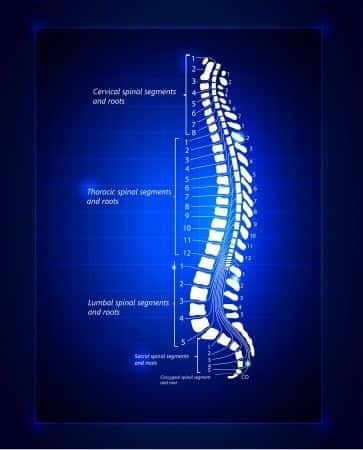Delayed Treatment for Spinal Cord Injury Leaves Patient Paralyzed
Updated on
Case Overview
This case takes place in Maine and involves a 70-year-old patient who suffered a severe fall. EMS noted limited motion to all of her extremities and transported the patient to the hospital at approximately 12:00 am on the day in question. On arrival at the emergency department, the plaintiff complained of a hand injury, but, on physical exam, the medical providers at regional medical center noted that there was global weakness in all of the patient’s extremities. The plaintiff was ultimately diagnosed with a spinal cord injury. The plaintiff was transferred from the regional medical center to another facility approximately 8-hours later by EMS. The plaintiff arrived to the facility at approximately 6-hours after departure from the regional medical center. Upon arrival, the plaintiff was assessed by medical personnel and had significantly declined from the spinal cord injury and required a semi-emergent intubation. The plaintiff was deemed a quadriplegic and stayed in the facility for 30-days at which time she was transferred.
Questions to the Neurosurgery expert and their responses
How often do you treat patients with spinal cord injuries?
As Director of Neuro-Outcomes at a Level 1 trauma center affiliated with a major university, I frequently treat patients with spinal cord injuries. I typically see patients with this presentation at least once a week.
What assessments should be undertaken when a spinal cord injury is suspected?
The gold standard for diagnosis is to perform an MRI for suspected cord injuries and render emergent care, medical or surgical, if confirmed.
Can a delay in treatment worsen the prognosis for a patient?
Delays in treatment can absolutely worsen the prognosis. It seems that the time elapsed from the initial presentation to the final transfer was lengthy.
About the expert
This board-certified and fellowship-trained expert currently serves as Professor of Neurosurgery at a major university medical center in addition to other various positions. He has a Ph.D. in Biochemistry and is very active in researching functional neurosurgery as well as neurologic therapy, contributing to over 100 publications. He has a strong interest in Spinal Cord Stimulation. He is currently Director of Neuro-Outcomes Center at a major university medical center, as well as Chief Medical Officer at a neurologic therapy center.

E-007708
Specialties:
Subscribe to our newsletter
Join our newsletter to stay up to date on legal news, insights and product updates from Expert Institute.
Sign up nowFind an expert witness near you
What State is your case in?
Subscribe to our newsletter
Join our newsletter to stay up to date on legal news, insights and product updates from Expert Institute.


